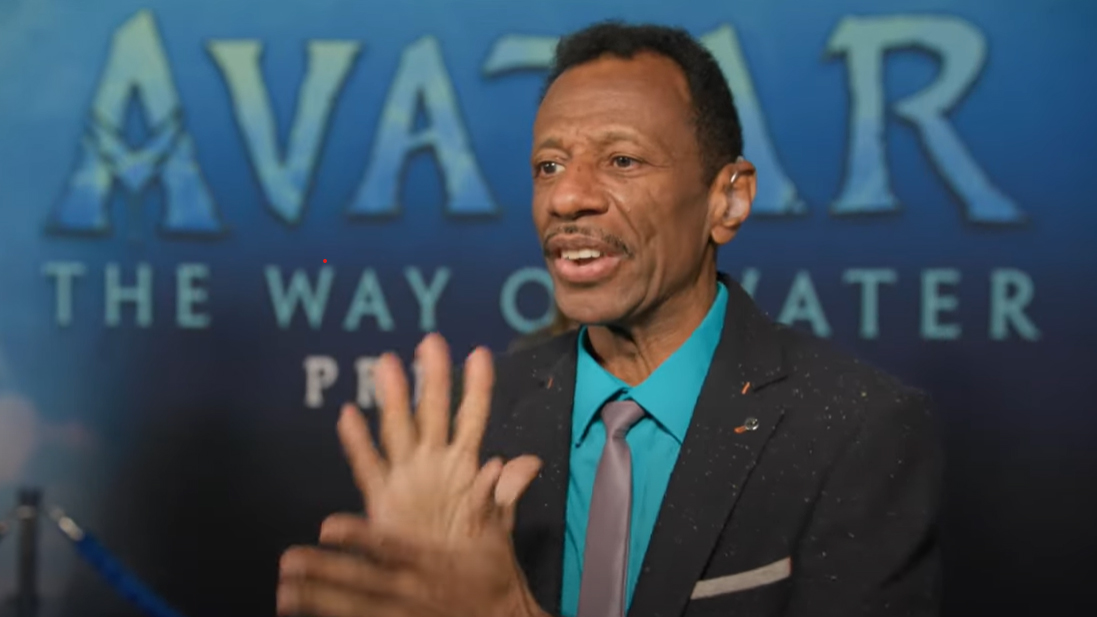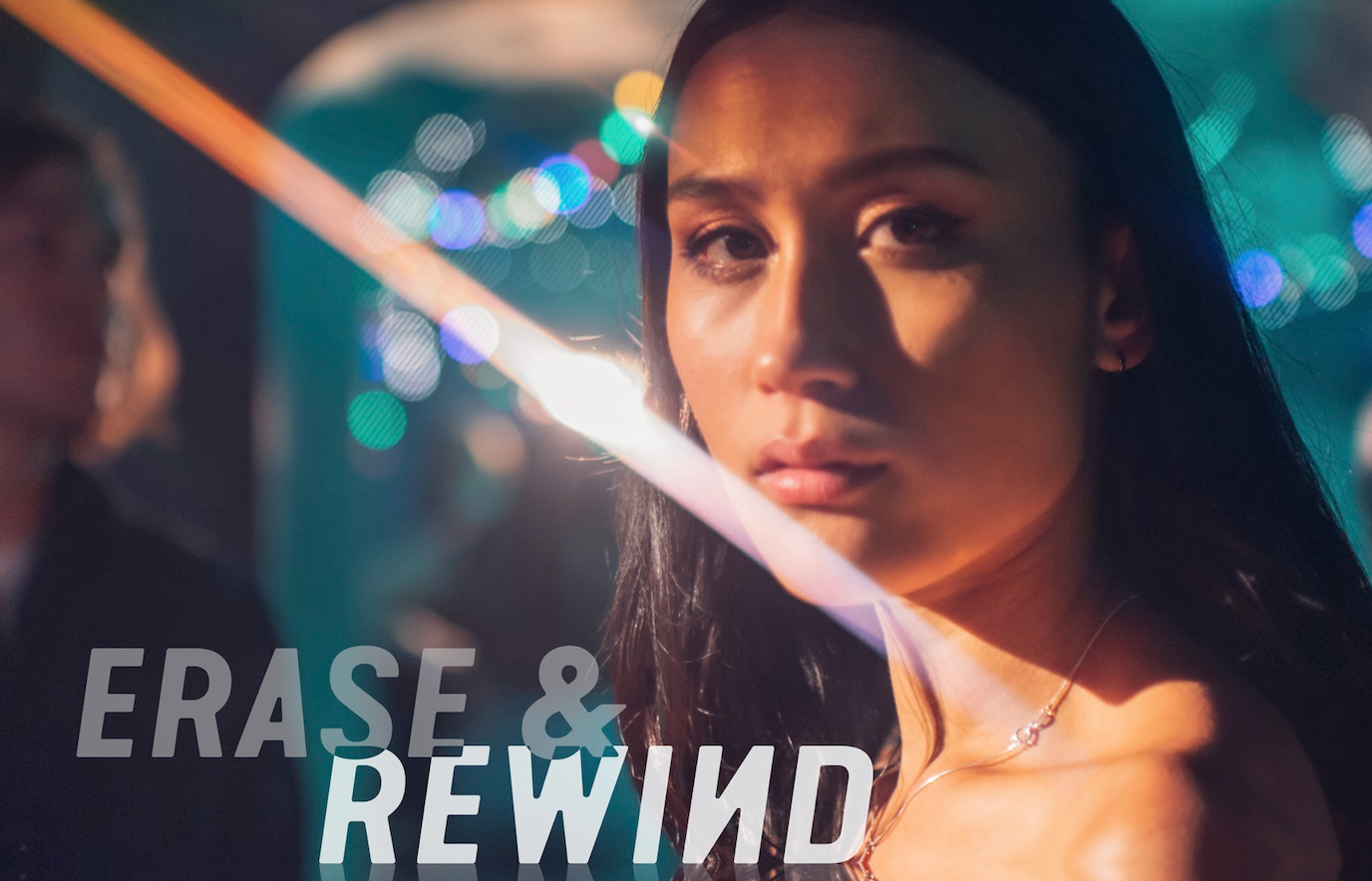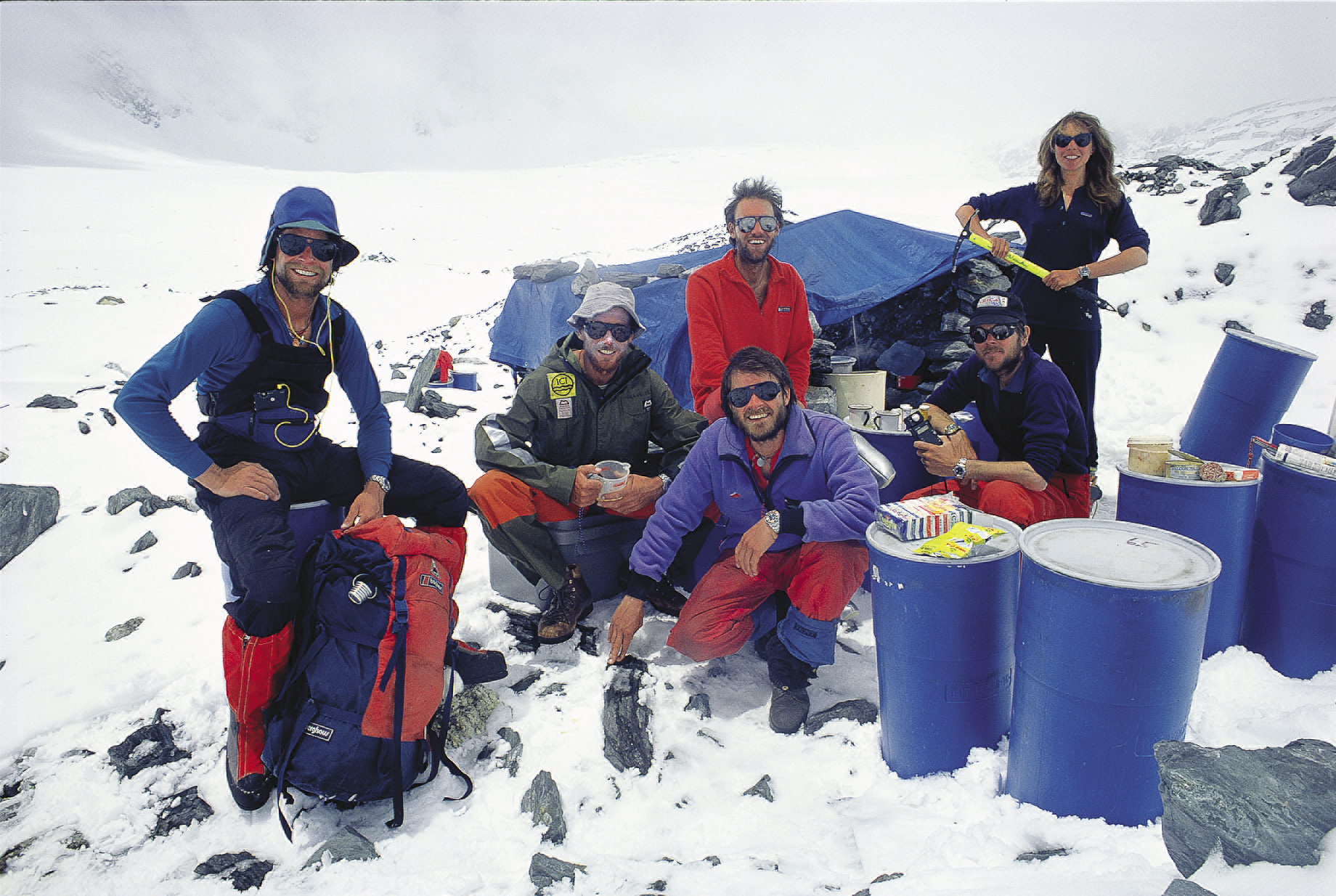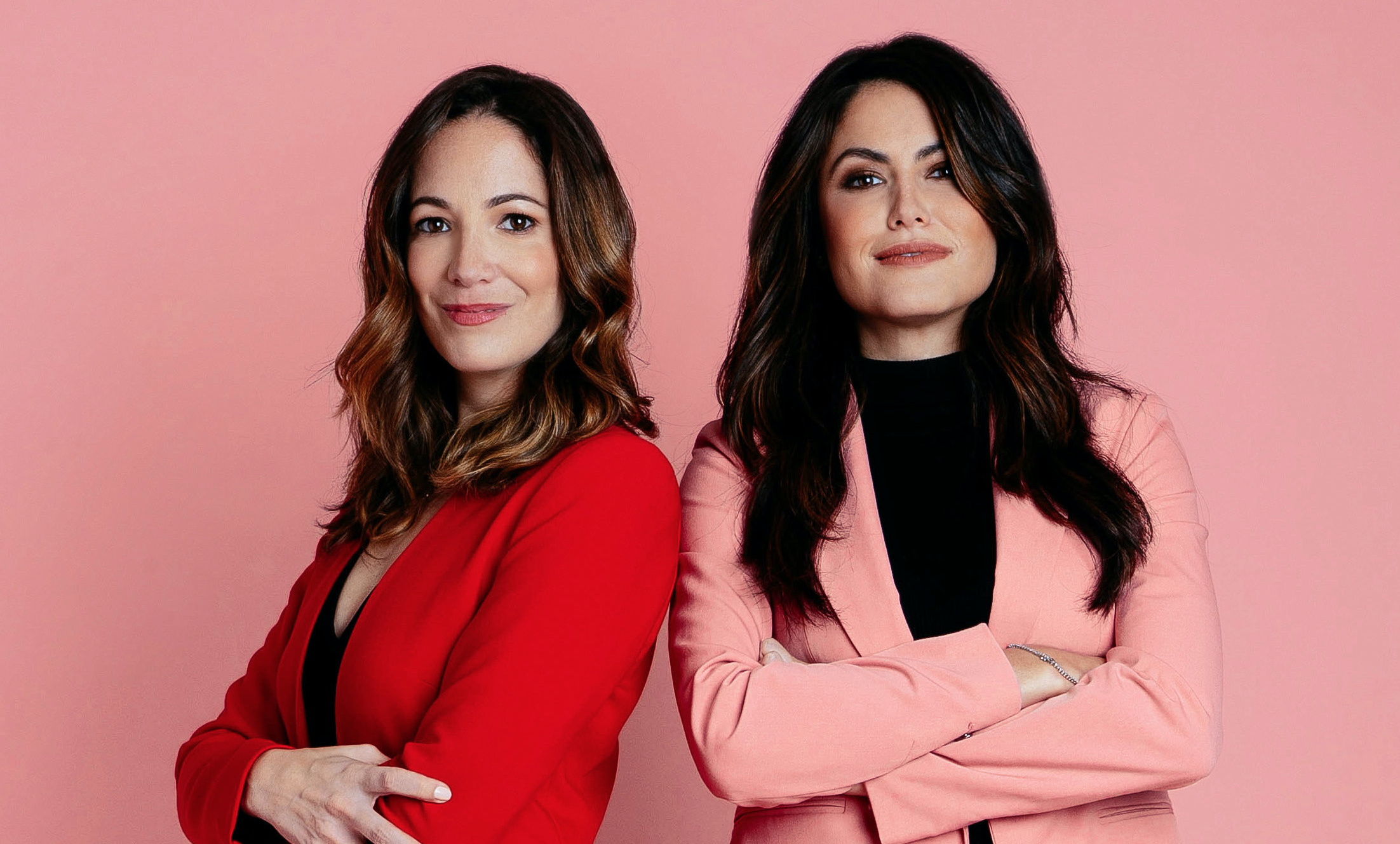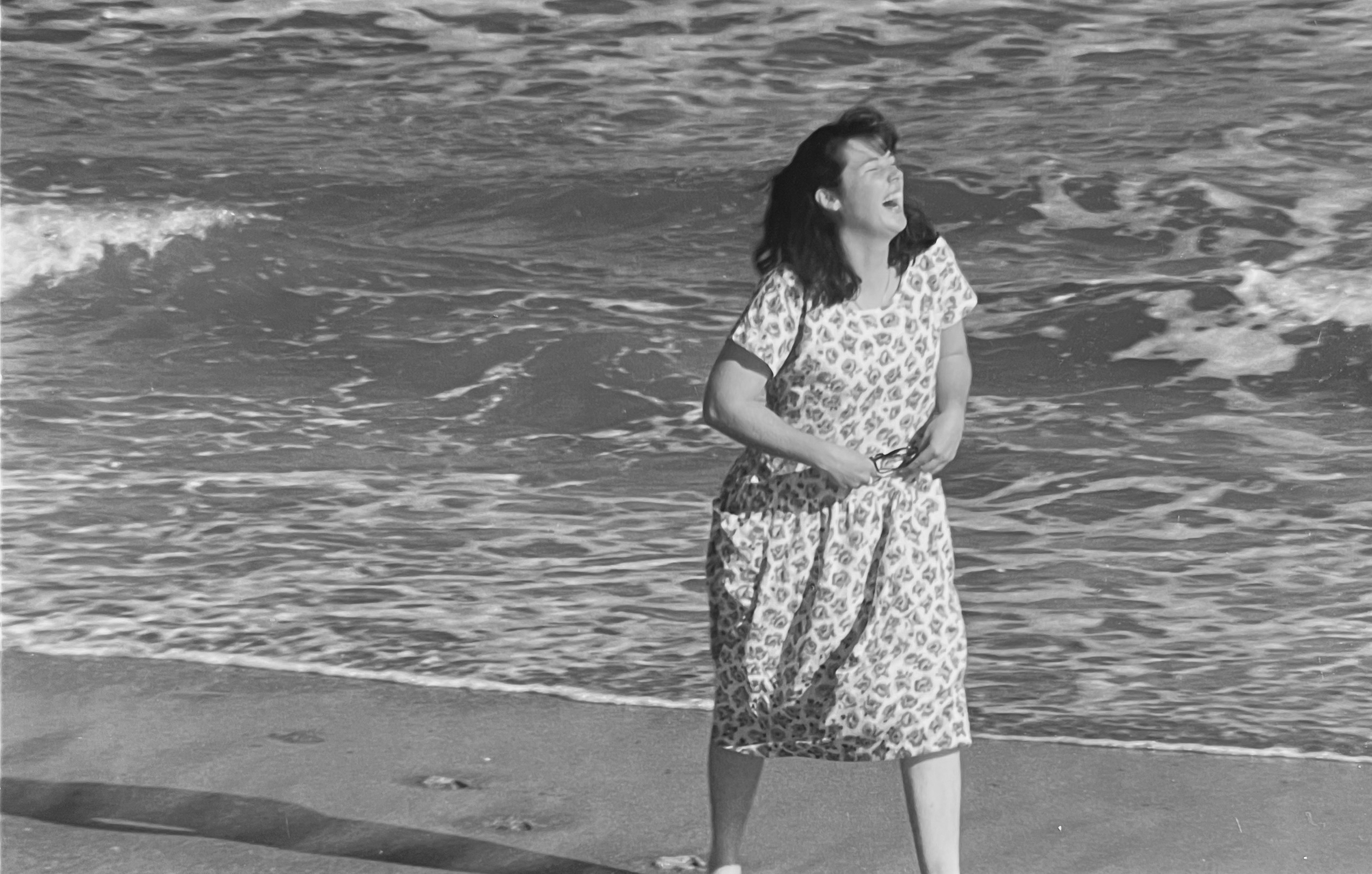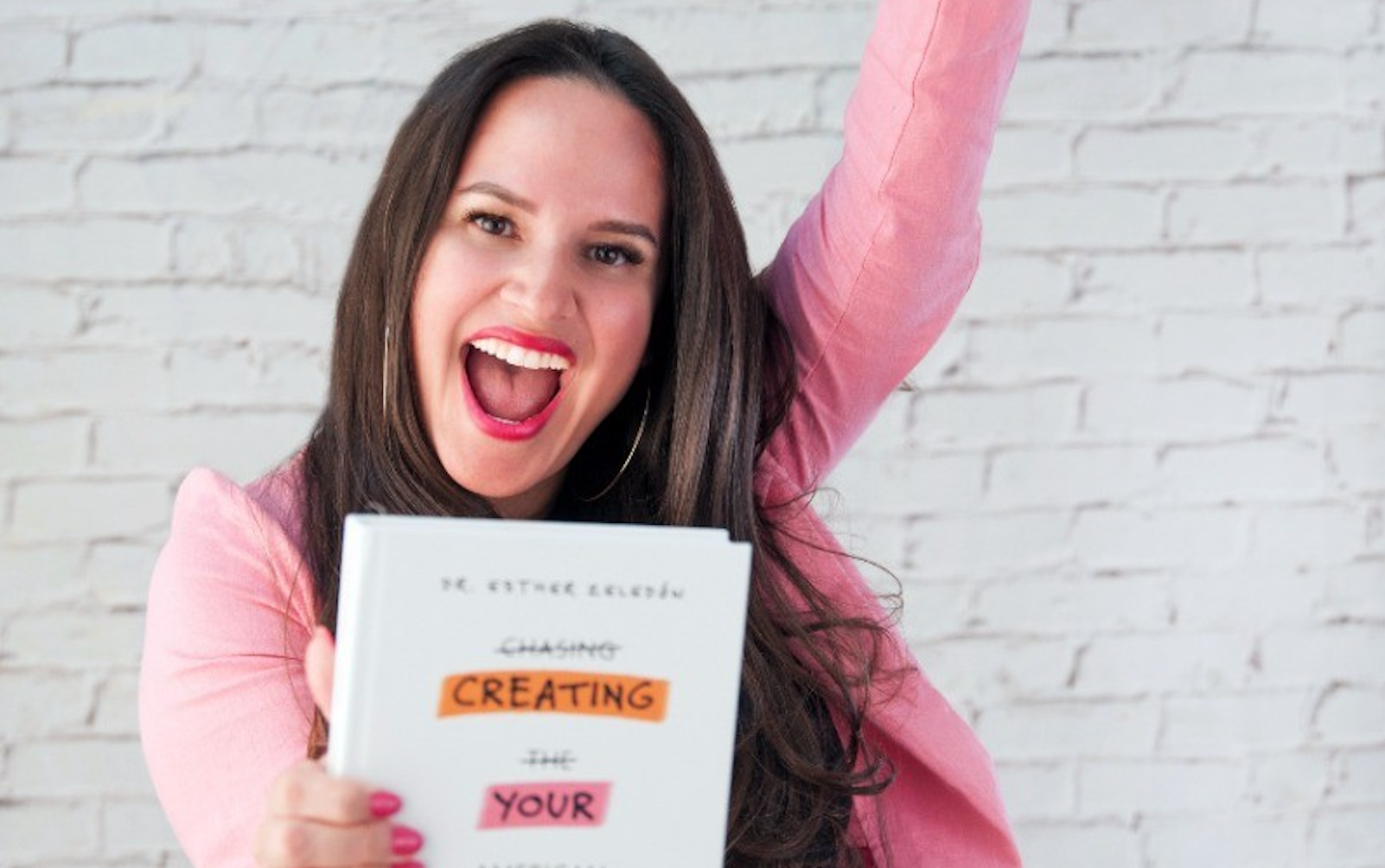
By Illana Raia, author of ‘The Epic Mentor Guide’
When I was working as a corporate lawyer at a global firm in NYC, I noticed that my middle school-age daughter had no idea what I did all day. None.
When I attempted to explain an attorney’s role to her (you know when we play a board game and someone has to read the rules inside the box…?), I realized there was a larger problem: she didn’t know what any of my working friends did for a living. I was so busy spinning plates and hiding my briefcase in the cupboard, that I was not exposing her to actual office life. Handed a golden opportunity to mentor my daughter at a crucial age, I felt I had inadvertently blown it.
Determined to rectify the situation, I started taking her to visit friends with cool jobs. Show, don’t tell, rang in my head as I left her in a designer’s studio for a few minutes, walked her through a hospital alongside a female chief of surgery, and let her pull up a chair in a CEO’s boardroom.
Fast-forward: she loved it. And when I retired from law in 2014, I thought other girls would too. So, in 2016, I launched a mentorship platform called Être, with the idea of bringing girls face-to-face with female leaders where they worked. As the French name suggests, I wanted to help girls figure out who they wanted to be.
Pre-COVID, we were welcomed into companies that recognized that in order to bring more women to the table, it was smart to save seats for girls. We sat in Viacom’s conference rooms and Google’s cafeteria; we sang on Spotify’s stage and stood on the Stock Exchange floor. We blinked through spotlights at YouTube and saw our own name in lobby lights at Morgan Stanley. Through Être, middle and high school-age girls were meeting mentors face-to-face and asking every question they could dream up.
What I never could have imagined, though, was how much more female mentorship would matter when we suddenly all had to stay home.
With 2.3 million women leaving the workforce last year (and women of color leaving at twice the rate of white women), and with those working from home finding caretaking and remote school responsibilities settled squarely on their shoulders, women have been handed new roles and expected to assume them seamlessly. And handed is the wrong word. These roles were not passed like well-orchestrated relay batons; they blazed in like arrows on fire – fast and impossible to catch.
But we tried and our girls were watching. And as women everywhere met the moment, girls met new mentors.
Girls coming of age during a pandemic watched their mothers, aunts and neighbors band together, job-share, hunker down and mask up. The next generation no longer had to visit a boardroom to ask leaders, What’s the hardest part of your job? They saw it happening in real time. Is it weird to be the only woman on your team? Listening in on that last Zoom call should tell you no. Is it hard to balance your office life with your home life? Hold my nine hundredth cup of coffee.
The fact that the pandemic should not have hit the workforce with such gender disparity is a separate, and ever-pressing, concern. But the fact that girls were granted a clear-eyed look at gender imbalance and career-life balance is, in some ways, invaluable. And their entry into the work world, whether through internships, first jobs or re-entry after a gap in employment, will be the better for having witnessed the epic women around them.
As Être pivoted to virtual mentor pop-ups during COVID, bringing girls into Zooms with execs at organizations like Disney, Billboard and the International Space Station, their questions grew more specific in nature and broader in scope:
How do you stay mindful when you are now always ‘at work’? How do virtual internships even happen? Can I ask about diversity and inclusion in an online interview? Do you think you’ll want to go back to your office?
The answers given by the women we met were candid, authentic, witty and actionable. Every girl took notes and asked how she could follow up. And in the book that ensued, The Epic Mentor Guide, matching girls’ questions about the work world with answers from 180 leaders already there, every woman who participated shared her favorite social media handle so girls could follow and connect in real-time.
Would this type of virtual female mentorship have developed absent COVID? It’s hard to say. But hundreds of women already overworked and under-supported took time out of their days to speak with, email and DM today’s girls, answering their questions and leading daily by example.
Female mentorship has always been, to many working women, the gold standard, and most wish they had been granted access to it earlier in their careers. All of us, I feel certain, remain grateful to the mentors who led us forward and feel honored that we could provide a few mentor moments for our own girls, as they watched us with keen eyes and big dreams.
Recently named one of the first 250 entrepreneurs on the Forbes Next 1000 List, Illana Raia is the founder and CEO of Être – a mentorship program for girls. Believing that mentors matter as early as middle school, Illana brings girls directly into companies they select, so they can meet female leaders face-to-face.
Illana is a member of the International Space Station U.S. National Lab Education Subcommittee and serves on the National Girls’ Collaborative Champions Board. Illana has authored 60+ articles for HuffPost, Ms. Magazine, Worth and Thrive Global, and her award-winning book ‘Être: Girls, Who Do You Want To Be?’ was released on Day of the Girl 2019. Her next book, The Epic Mentor Guide, arrives on International Women’s Day 2022, available from Simon & Schuster for pre-order at all major retailers. You can follow the book’s journey on Instagram, Facebook, LinkedIn, Twitter and on Être’s website.

Author Ilana Raia 
‘The Epic Mentor Guide’ is out March 8, 2022 through Simon & Schuster











